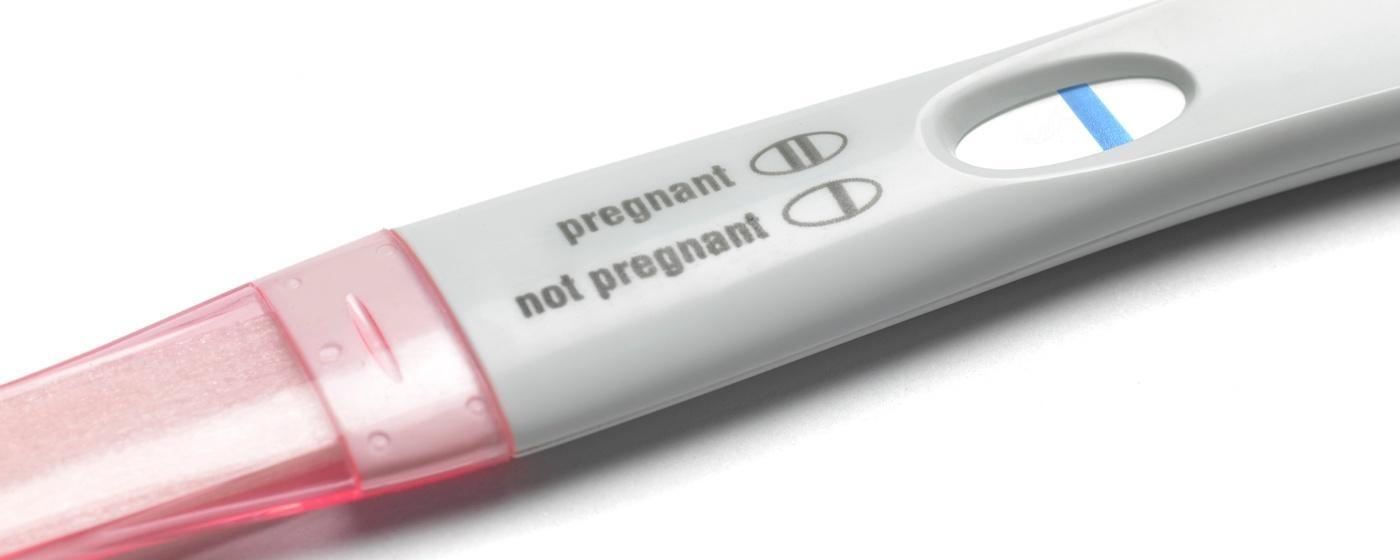Did the pandemic lead to a baby boom or a baby bust?


It’s been about a year since the pandemic forced us to hunker down with our nearest and dearest. It might be tempting to think that more time with partners would lead to more babies, but sociologists and economists are pointing to the opposite conclusion: the pandemic has led to a baby bust in the US.
Research from the Brookings Institute predicts a decline of 300,000 births in 2021. Apparently getting a “pandemic puppy” is more popular than getting a pandemic baby.
The number of births in the US was already in a 5-year slump, according to the Centers of Disease Control and Prevention.
In 2019, the birth rate was the lowest it’s been in 30 years. Since 1971, the birth rate has been lower than what’s needed to replace a generation.
That trend is largely due to a decline in teen pregnancy, but the pandemic seems to be playing a role. The CDC hasn’t crunched the 2020 numbers yet, but states that track real-time birth data have reported a decline from 2019 births of 8 percent (Florida), 7 percent (Ohio) and 5 percent (Arizona).
Research from the Guttmacher Institute shows that 34 percent of American women have postponed having a baby or reduced the number of babies they expected to have.
Other surveys show that people are reporting having less sex during the pandemic, especially families with school-age children. It’s JUST possible that running virtual school for your kids does a number on your sex life.
Looking at Google search results can also give clues about fertility in the US. Philip Cohen, a sociologist and demographer at the University of Maryland, found declines in sex and pregnancy-related searches on Google. Another study found similar drops in words like “morning sickness” and “ultrasound,” predicting a birth decline of 15 percent.
US history shows a pattern of birth declines after periods and economic and social uncertainty. The Spanish Flu pandemic of 1918 was followed by a decline in births, as was the Great Recession of 2008. But this pandemic is unprecedented in ways that may lead to even greater drops in births.
School closures may lead families to decide they want less children. Closed social spaces reduces the likelihood of new couplings or people taking the next step in their relationships.
We don’t have the data to say how big the baby bust is, but the longer the impacts of the pandemic persist (stress from economic insecurity, school closures, less interaction), the bigger the bust may be.